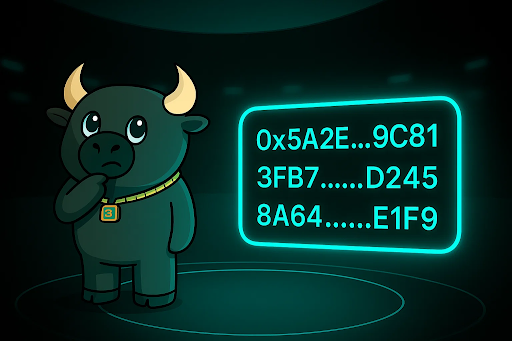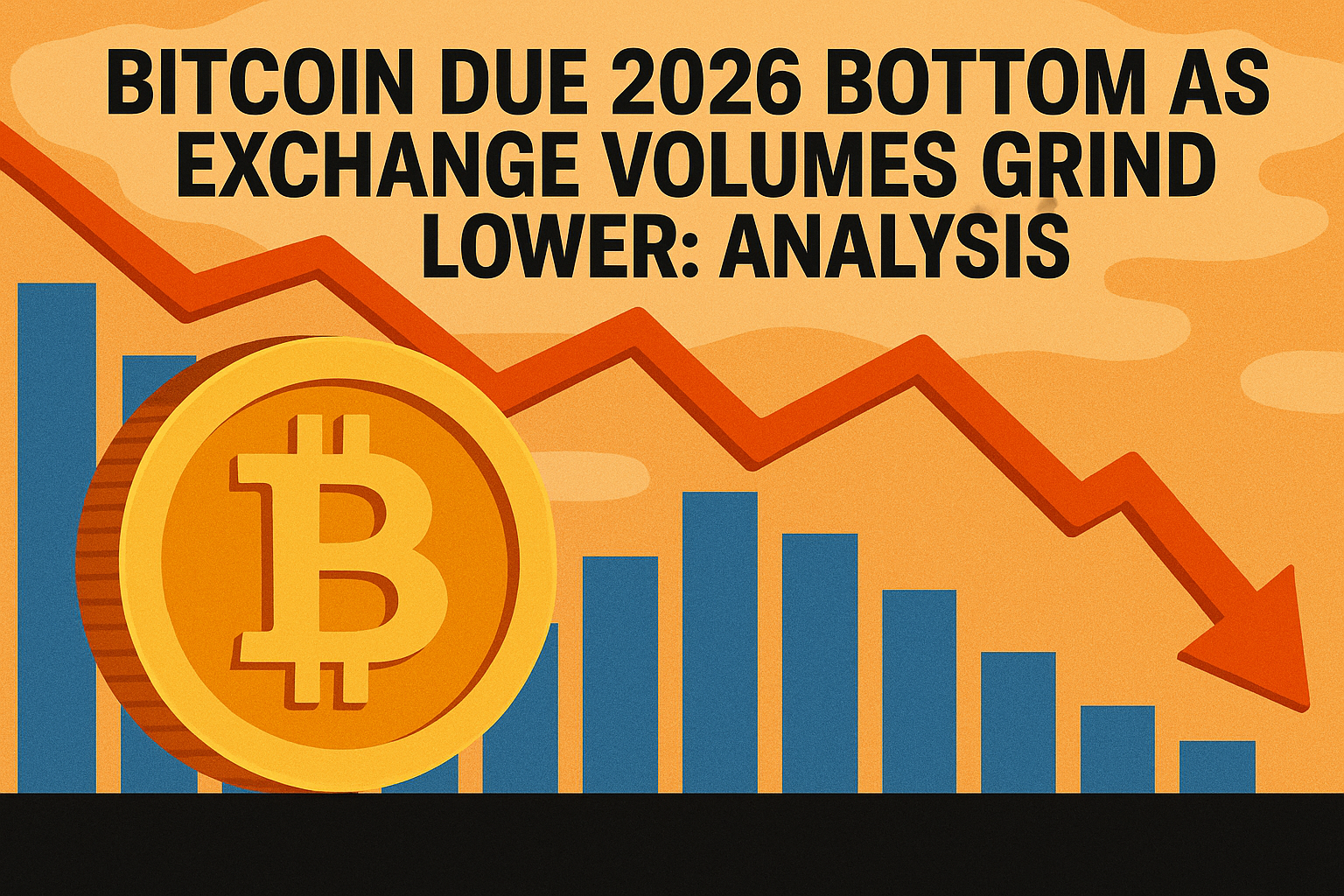Table of Contents
As cryptocurrencies become more popular, it’s important to have a safe place to store your digital coins. Crypto wallets are the ultimate solution. These digital innovations have been specifically designed to safely store crypto holdings and can be used to make payment transfers.
However, the market for them has become highly saturated as the crypto industry grows ever more competitive. With so many options available, picking the best crypto wallet for your needs can be overwhelming. A good crypto wallet should allow you to seamlessly buy, swap, receive, and sell cryptocurrencies and should cater to a vast range of them like Bitcoin, Solana, Ethereum, and 1000s of others.
Crypto Wallets Defined
A crypto wallet is a tool to keep and handle your cryptocurrencies. Think of it like a digital version of a wallet where you keep your cash. However, instead of holding physical money, it stores private and public keys that give you control over your crypto assets.
Public keys are like bank account numbers, and private keys are like passwords. You can share your public key, but should always keep your private key a secret. When you send or trade in crypto, your private key acts as proof of ownership of your funds to validate a transaction.
The Importance of Selecting the Right Wallet
Crypto wallets are vulnerable to phishing attacks, malware, hardware failures, and theft; therefore, using a trustworthy crypto wallet is important to keep your money safe. The type of wallet you choose will also affect how easy it is to get to your money and how protected it is from hackers.
When deciding on the best crypto wallet, here are a few things to consider:
- How important is it to keep your money safe? Some wallets are better at this than others.
- Do you need to easily access your crypto holdings? Some wallets are easier to use than others.
- Some wallets cost money, while others are free.
- Multi-currency support is crucial If you own different kinds of cryptocurrency. This feature ensures your wallet can handle them all. This way, you don't need separate wallets for each type and can keep your Bitcoin and all your altcoins in one place.
- It's important to have a reliable customer service team to help you if you have problems or need assistance, especially if you need help quickly.
Main Types of Crypto Wallets
There are two main categories of crypto wallets: hot wallets and cold wallets. The main difference is that one connects to the internet, while the other stores your crypto info offline which provides extra security.
Hot Wallets (Online Wallets)
Hot wallets connect online so are convenient for quick access to your funds. However, because they are always online, they are more vulnerable to hacks and phishing attacks.
A mobile wallet is an app on your smartphone that stores your private keys. A mobile wallet, like Trust Wallet, is good for Android and iPhone users, is convenient, and portable. This makes it great for day-to-day transactions, like buying something with cryptocurrency or sending funds to friends. However, it’s important to keep in mind that security can be compromised if your phone is lost or stolen or if it gets hacked.
On the other hand, a desktop wallet is software you install on your computer. Though it’s less convenient for use on the go, it’s more secure than a mobile wallet because it isn’t always connected to the internet when your computer is turned off. However, your funds are still at risk if your computer gets hacked so safety should always be paramount.
Web Wallets are online wallets provided by cryptocurrency exchanges or third-party platforms like Coinbase, a beginner-friendly web wallet. They work directly through a browser, making them the easiest to access from any device.
Cold Wallets (Offline Wallets)
Cold wallets are not connected to the internet and provide offline storage, making them much more secure from online threats. These wallets are perfect for storing lots of cryptocurrency for a long time. However, they are less convenient to use on the go.
They come in different types too, like a hardware wallet, which is a physical device that stores your private passwords in a non-digital format. You only connect it to the internet when you want to send or receive funds, making it extremely secure.
When selecting a hardware wallet, consider its brand reputation, how easy it is to use, and how much it costs. Look for a well-known brand like Ledger or Trezor. Make sure it's easy to set up and use. Compare prices to find a wallet that fits your budget as some hardware wallets can be expensive.
Alternatively, paper wallets are printed documents containing your public and private keys, usually in the form of a QR code. You can generate a paper wallet using websites like BitAddress.org, which prints your keys. Paper wallets are easy to use and cheap, but they can get damaged or lost easily so it is important to store the documents safely.
On the other hand, hybrid wallets combine the convenience of hot wallets with the security of cold wallets. You can store your keys safely offline, and still access and manage your funds easily on a hybrid wallet. They have features like face ID and Touch ID for extra security and a built-in exchange for buying and selling.
Tips on How to Keep Your Crypto Wallet Safe
Regardless of which wallet you choose, here are some basic tips to keep your assets safe:
- Back up your wallet. Always write down your secret code (recovery phrase) on a piece of paper and keep it in a safe place.
- Store your keys offline. Consider using cold storage methods like hardware wallets for maximum security. Never share your private keys with anyone.
- Enable two-factor authentication (2FA) to add an extra layer of security.
- Use Strong Passphrases: Use long, complex passphrases (secret codes) that are difficult to guess.
- Regularly update your wallet software to benefit from security patches.
Conclusion
Selecting the best crypto wallet can be dependent on your individual needs. If you plan to use crypto for daily transactions, a hot wallet like a mobile or web wallet may be ideal. However, if you’re looking to store large amounts of crypto safely, a hardware or paper wallet is a better choice. The main things to remember is to keep up with your wallet software updates and stay aware of online threats.








